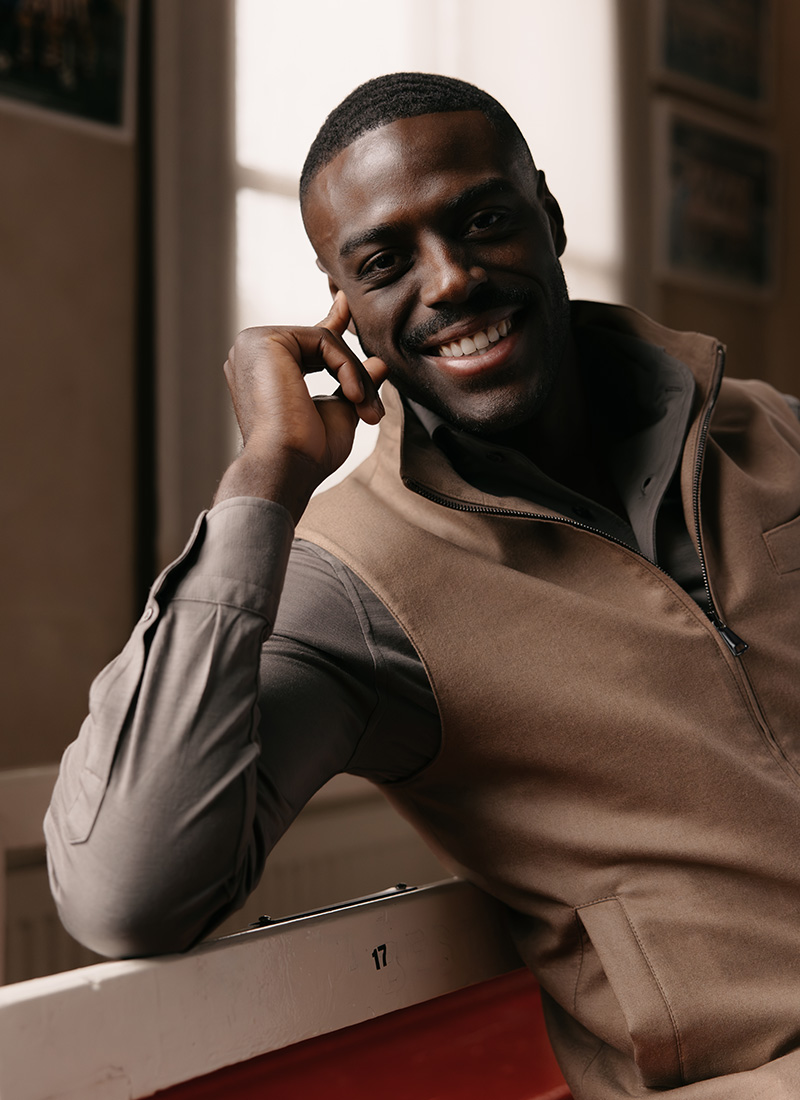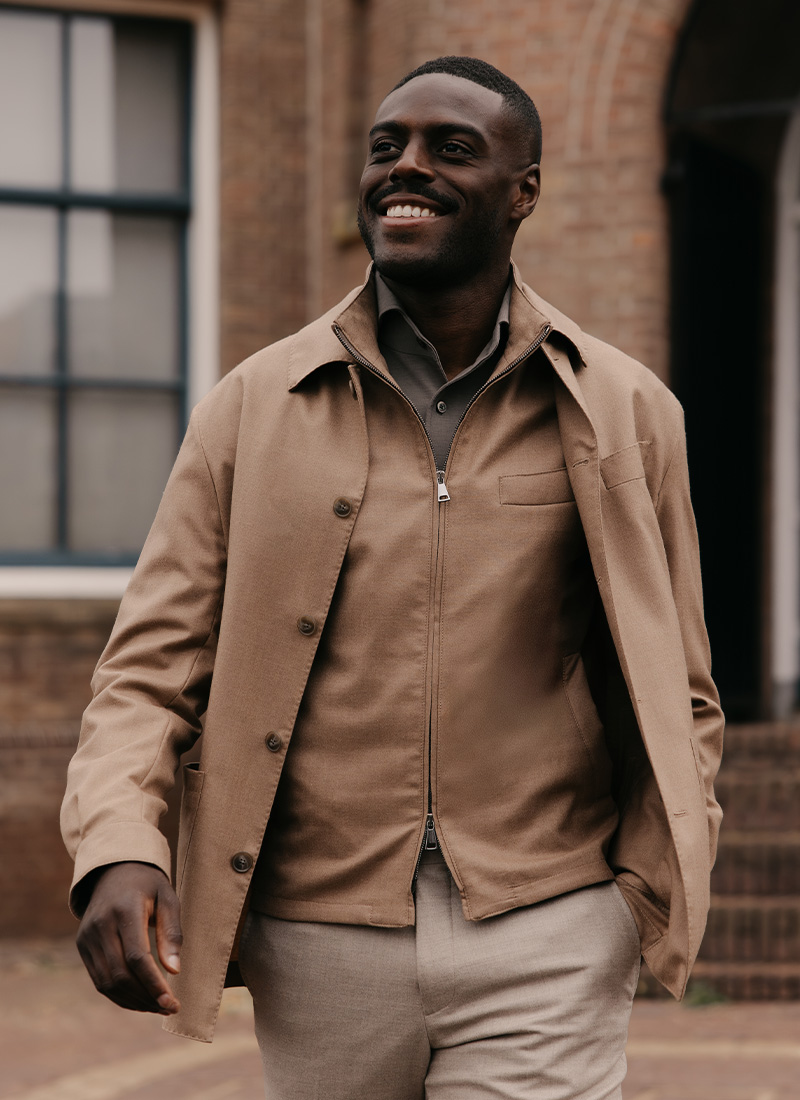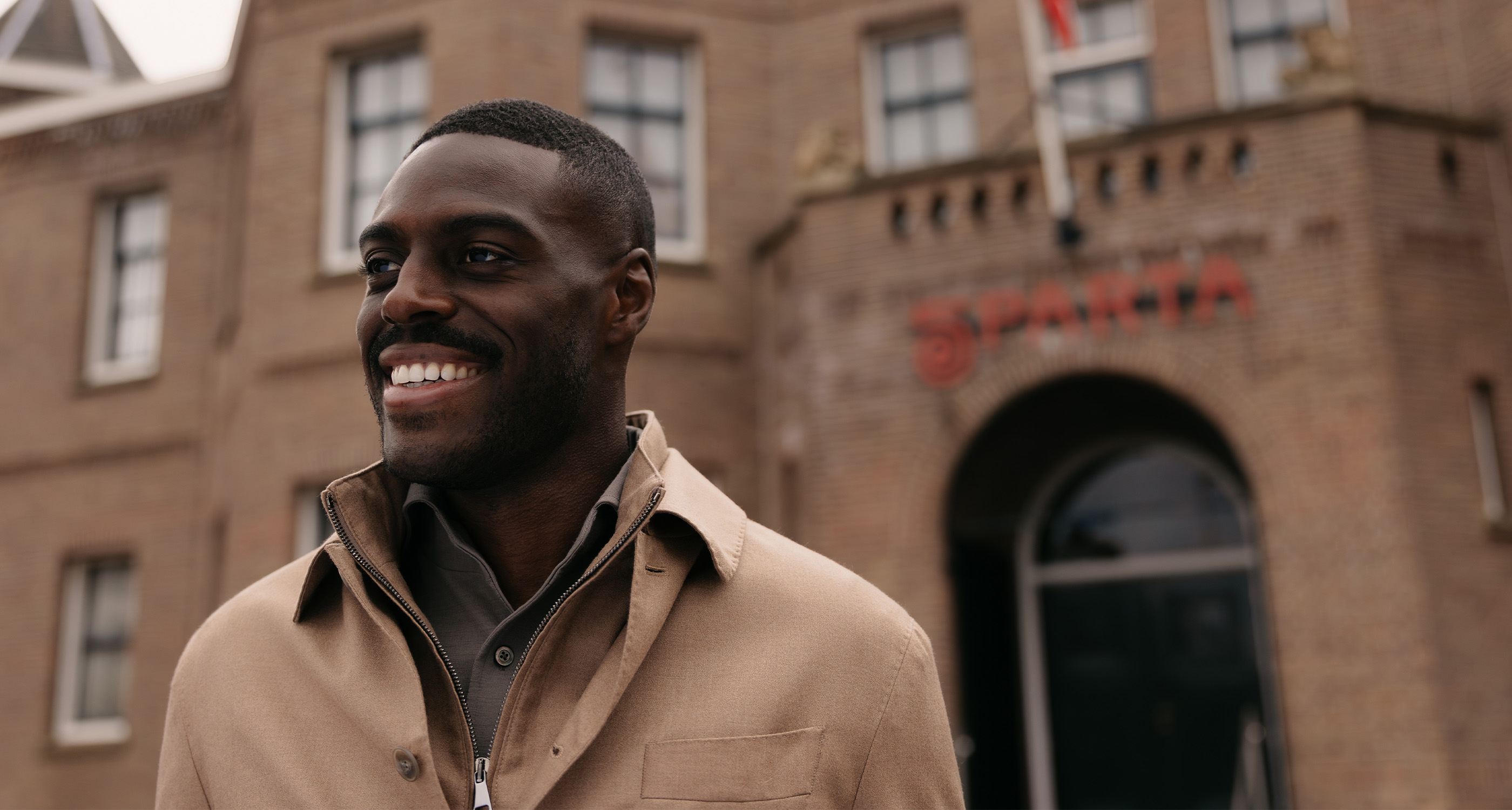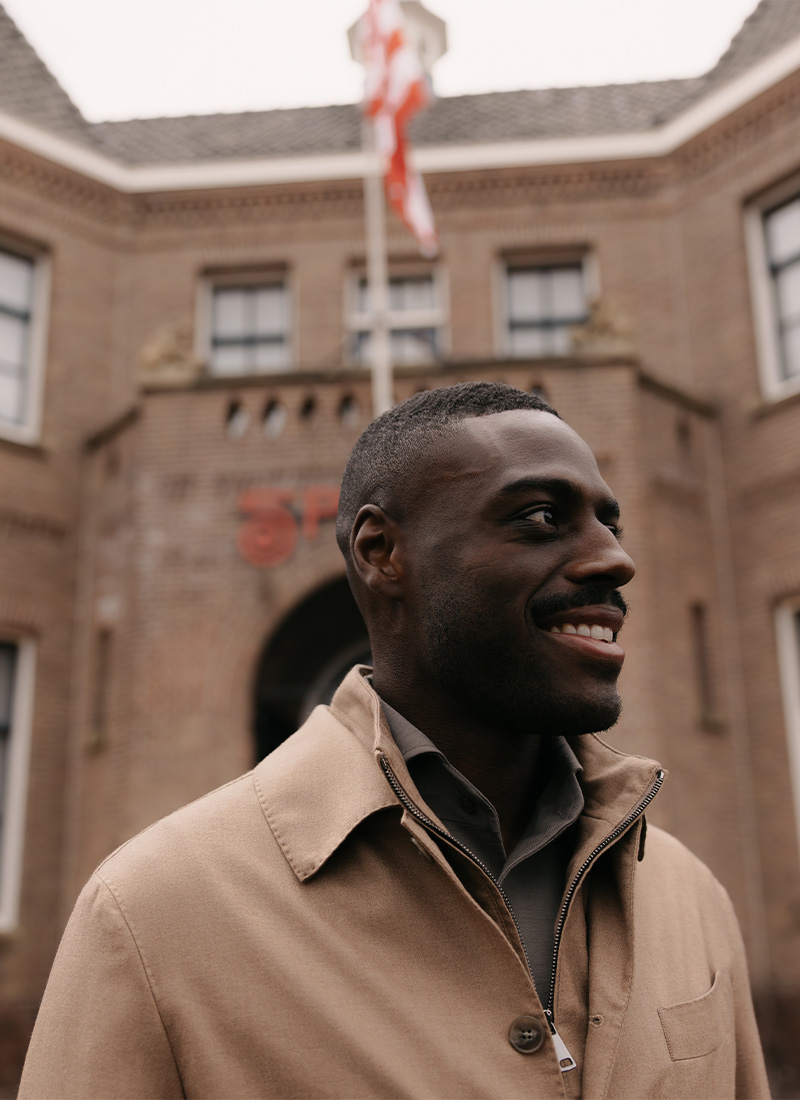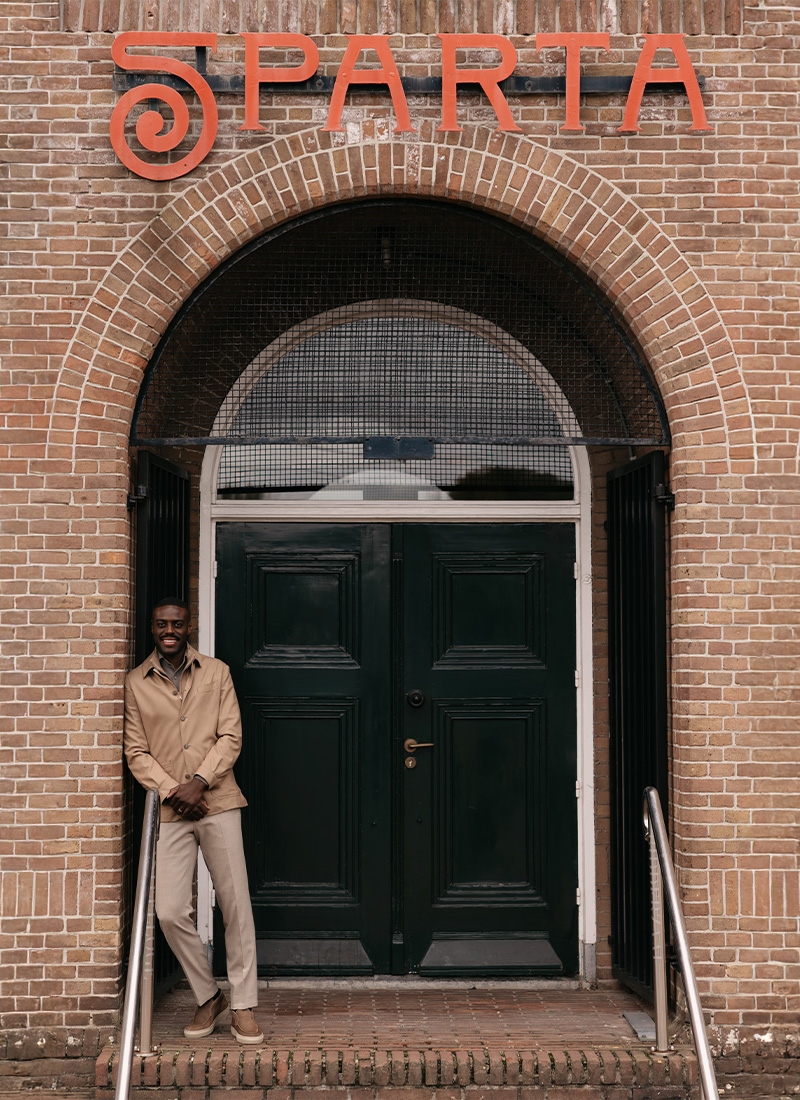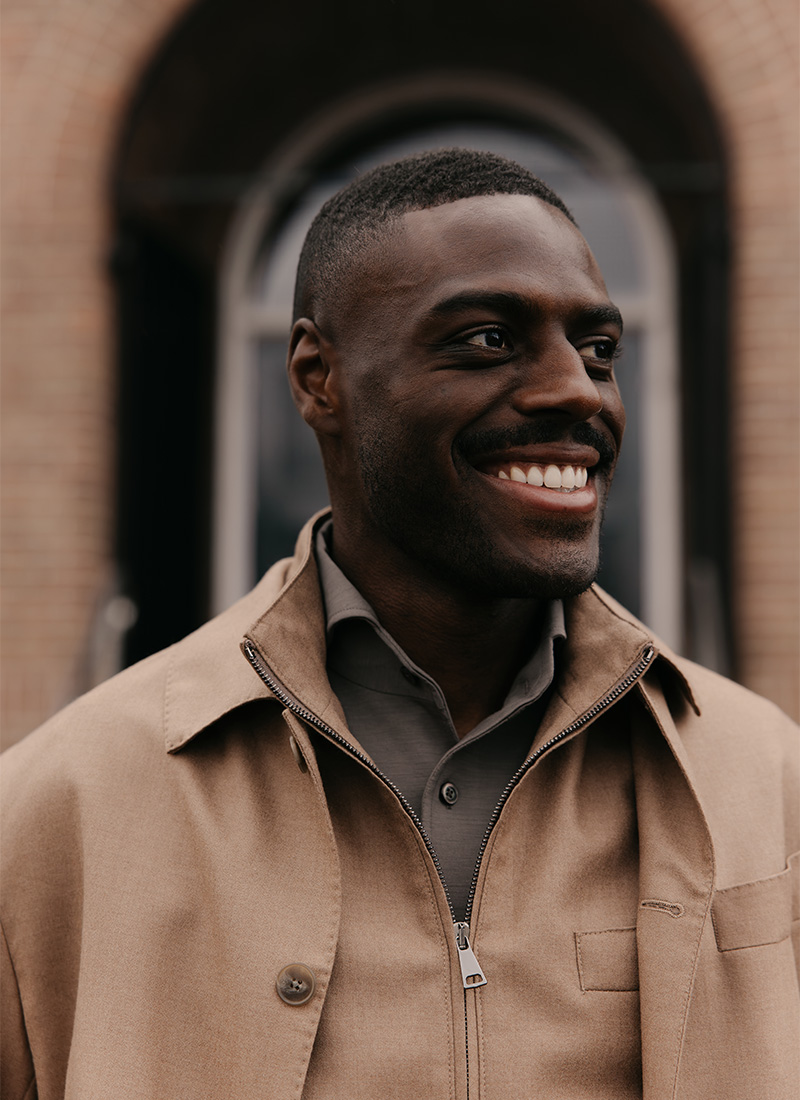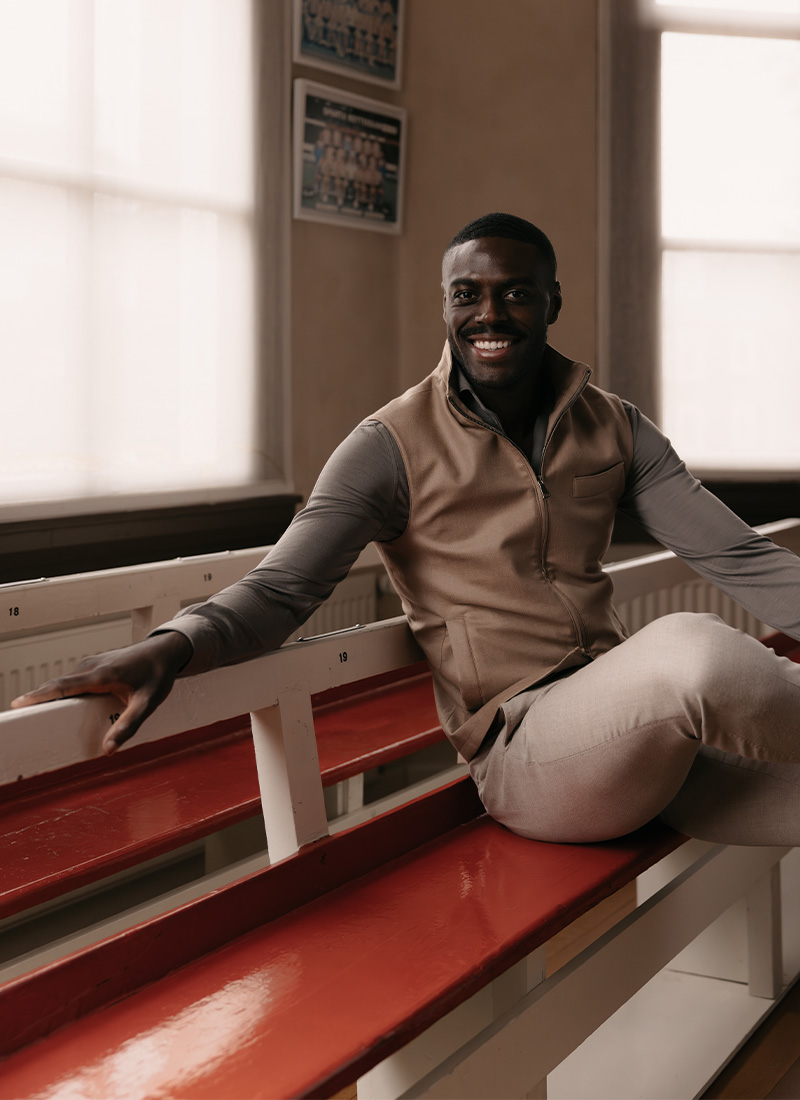
New in
![]()
New arrivals
Luxurious layering
Modern elegance rooted in heritage craft, for those who value timeless refinement.
Ready-to-Wear
![]()
Seasonal looks
- Each item is thoughtfully selected to complement your wardrobe with timeless sophistication.
- Discover Fall / Winter Looks
Accessories
Ready-to-Wear
Each item is thoughtfully selected to complement your wardrobe with timeless sophistication.
Made-to-Measure
![]()
Fall/Winter looks
- Modern elegance, rooted in heritage craft. Designed for those who value tactile richness and timeless refinement.
- Discover looks
Clothing
Accessories
Made-to-Measure
Tailored to your body and style, designed down to the smallest detail.
Wedding
![]()
Get wedding ready
- Whatever you have planned, we can help.
- Discover more
Wedding looks
- Whether you’re the groom or a guest, explore some of our favourite looks to discover the one for you
- Discover more
Our story
![]()
Our community
- A snapshot of some of the great people creating key pieces with us
- Discover more
Becoming a client
- Once you’re in, you’re in. You’ll be able to explore all the possibilities and experience unparalleled personal service.
- Discover more
